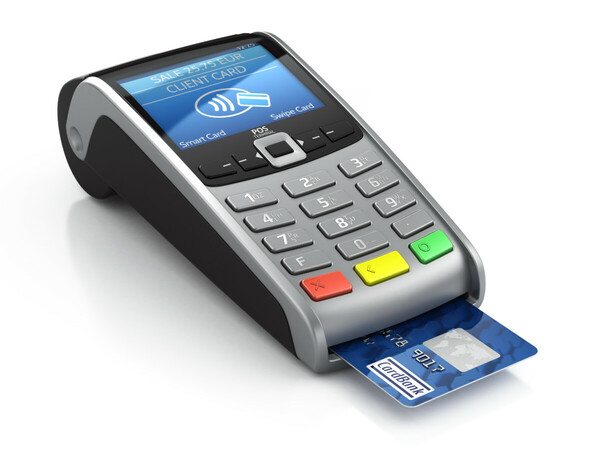Notifications
ALL BUSINESS
COMIDA
DIRECTORIES
ENTERTAINMENT
FINER THINGS
HEALTH
MARKETPLACE
MEMBER's ONLY
MONEY MATTER$
MOTIVATIONAL
NEWS & WEATHER
TECHNOLOGIA
TV NETWORKS
VIDEOS
VOTE USA 2026/2028
INVESTOR RELATIONS
COMING 2026 / 2027
ALL BUSINESS
COMIDA
DIRECTORIES
ENTERTAINMENT
FINER THINGS
HEALTH
MARKETPLACE
MEMBER's ONLY
MONEY MATTER$
MOTIVATIONAL
NEWS & WEATHER
TECHNOLOGIA
TV NETWORKS
VIDEOS
VOTE USA 2026/2028
INVESTOR RELATIONS
COMING 2026 / 2027
 POS Machine -
August 20, 2024 -
Technology -
pos system dubai
how to choose the best POS machine in Dubai for your business
POS machine Dubai
-
699 views -
0 Comments -
0 Likes -
0 Reviews
POS Machine -
August 20, 2024 -
Technology -
pos system dubai
how to choose the best POS machine in Dubai for your business
POS machine Dubai
-
699 views -
0 Comments -
0 Likes -
0 Reviews

Introduction
Selecting the right Point-of-Sale (POS) machine is a crucial decision for any business in Dubai. A POS machine is more than just a device for processing transactions; it’s an integral part of your business operations, impacting everything from inventory management to customer service. With numerous options available in the market, choosing the best POS machine in Dubai for your business can be overwhelming. This guide will help you navigate the selection process, ensuring you choose a POS machine that aligns with your business needs and supports your growth.
1. Understand Your Business Requirements
Before diving into the options available, it’s essential to assess your specific business needs. Different businesses have different requirements when it comes to POS systems, and understanding these will help you narrow down your choices.
Identifying these needs will guide you toward a POS machine that offers the features necessary to optimize your business operations.
2. Compare Hardware Options
POS machines come in various forms, each with its own advantages. The right hardware depends on your business type and operational needs.
Consider the physical layout of your business and how a particular type of POS machine will fit into your daily operations.
3. Evaluate Software Features
The software that powers your POS machine is just as important as the hardware. The right software can enhance efficiency, improve customer experience, and provide valuable insights into your business performance.
Choose software that not only meets your current needs but can also scale with your business as it grows.
4. Consider Payment Processing Options
The primary function of a POS machine is to process payments, so it’s crucial to choose one that supports the payment methods your customers prefer. In Dubai, where businesses serve a diverse customer base, it’s important to offer multiple payment options.
Additionally, look into the transaction fees associated with different payment methods. Some POS providers may charge higher fees for certain types of transactions, which can affect your overall costs.
5. Analyze Costs and Fees
Cost is a significant factor when choosing a POS machine. While it’s tempting to go for the cheapest option, it’s important to consider the long-term costs and benefits.
When comparing costs, look at the total cost of ownership over time, not just the initial purchase price. A slightly more expensive system might offer better value in the long run if it includes comprehensive support and low transaction fees.
6. Check for Compliance and Security Features
In a market as regulated as Dubai, compliance and security are paramount. Your POS machine must comply with local laws and industry standards to protect your business and customers.
By choosing a secure and compliant POS system, you can safeguard your business against data breaches and legal issues.
7. Seek Recommendations and Reviews
Before making a final decision, seek recommendations from other business owners in Dubai or read online reviews. Real-world experiences can provide valuable insights into the performance, reliability, and customer support of different POS providers.
Taking the time to gather feedback from others can prevent costly mistakes and ensure you choose a POS machine that meets your needs.
Conclusion
Choosing the best POS machine in Dubai for your business requires careful consideration of your business needs, hardware and software features, payment processing options, costs, and compliance requirements. By following this guide, you can make an informed decision that enhances your business operations, improves customer satisfaction, and supports your growth in the competitive Dubai market. Remember, the right POS system is not just a tool for processing payments; it’s a vital component of your business strategy that can drive efficiency and success.
